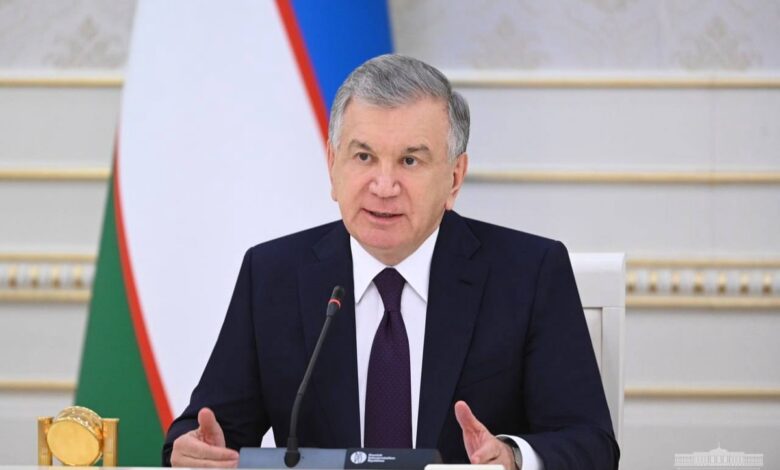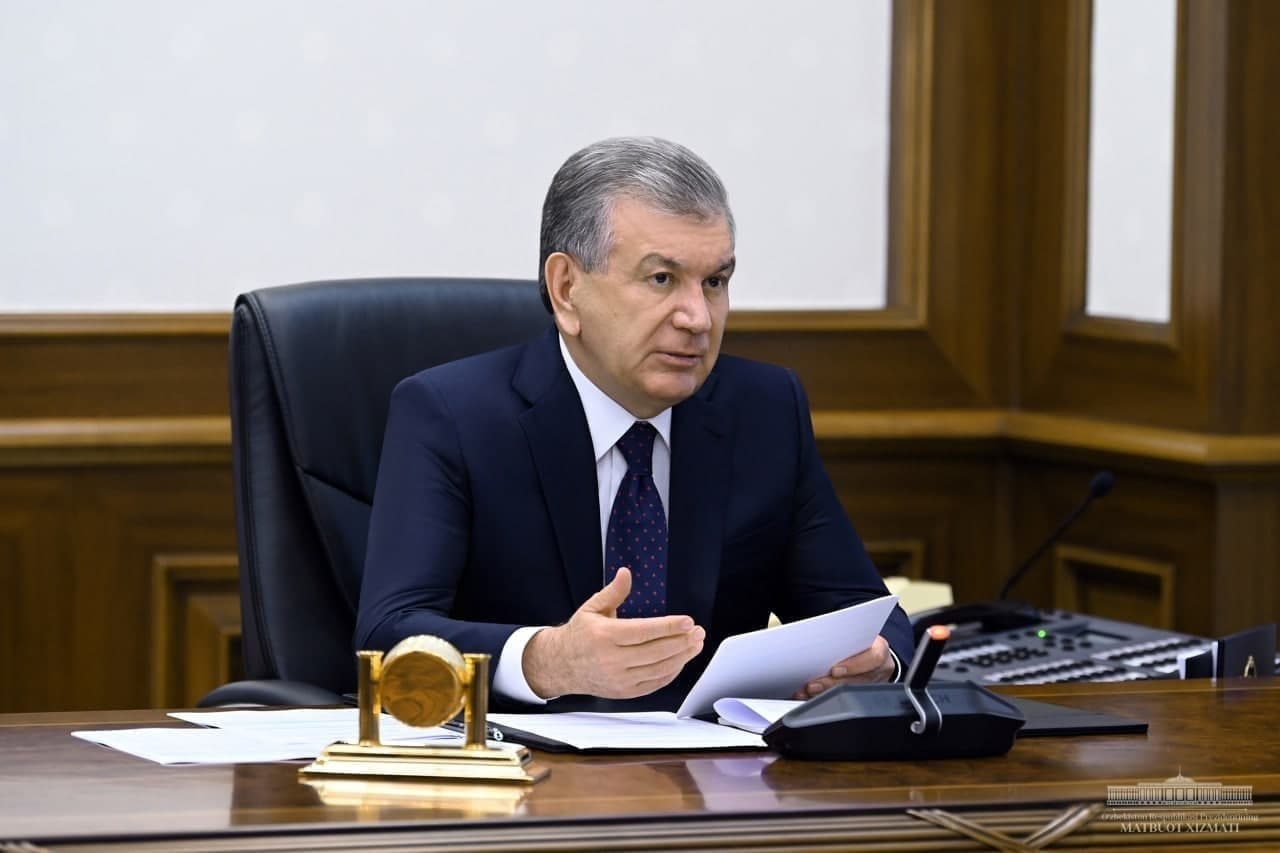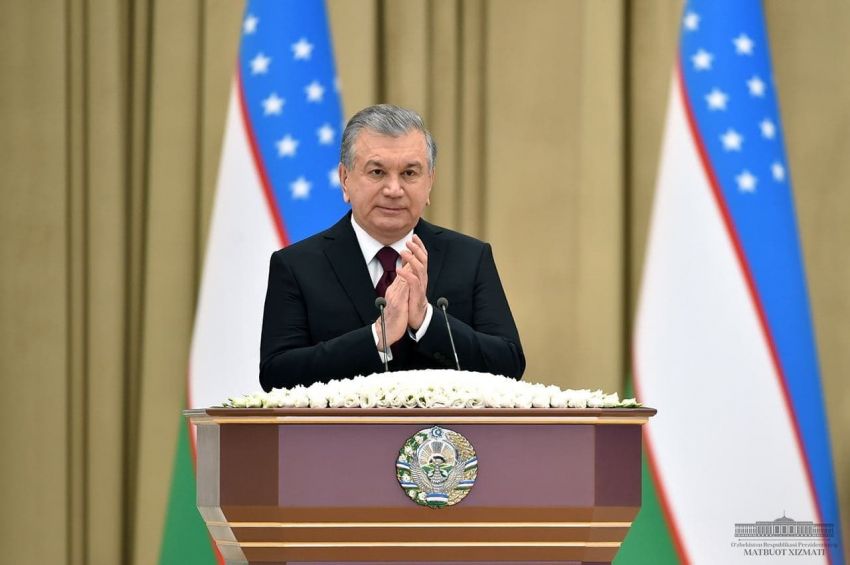Shavkat Mirziyoyev’s Transformative Leadership: A Path to International Recognition

Changing the Landscape
Usbekistan, a nation of 36 million people in Central Asia, has undergone a remarkable transformation into a significant international player. Once a closed authoritarian state facing challenges with foreign investment and labor issues, the country is now actively expanding its global trade and attracting foreign investment and tourists.
Rise to Power and Visionary Reforms

Shavkat Mirziyoyev’s ascension to power in 2016 marked a turning point. His background, from studying at the Institute of Irrigation and Agricultural Mechanization Engineering to holding various administrative roles, offered insights into the nation’s economic challenges. Upon assuming office, Shavkat Mirziyoyev implemented radical reforms, releasing political prisoners, liberalizing the currency, and simplifying bureaucratic hurdles for businesses. He revived diplomatic ties with neighboring countries and major global powers, fostering economic growth and international cooperation.
Foreign Investment: A Driving Force for Economic Development
Usbekistan, a former Soviet republic inheriting a struggling economy, aims to revitalize its industries and create jobs by attracting foreign investment and privatizing state-owned enterprises. Germany stands out as a pivotal European partner, with over $2.5 billion in German investments in the past two years alone. Renowned German companies like MAN, CLAAS, Knauf, and Falk Porsche Fiberglass have established their production units in Uzbekistan. Collaboration with major European banks has facilitated credit access for Uzbek industries, fostering further modernization and bolstering trade on the Uzbek stock exchanges.
Expanding International Trade and Partnerships
Usbekistan’s economy heavily relies on cotton, uranium, gold, and agricultural products. Mirziyoyev’s reforms tackled the notorious practice of forced labor in the cotton fields and emphasized private sector participation in cotton production. The nation engages in trade with several countries, particularly strengthening ties with Germany. Uzbekistan enjoys preferential treatment under the Generalized System of Preferences (GSP+) in Europe, aiding its export industries. Collaboration with Germany extends beyond trade, including technical support for Uzbekistan’s accession to the World Health Organization (WHO).
Green Energy Initiatives for a Sustainable Future

Mirziyoyev’s vision includes reducing Uzbekistan’s reliance on fossil fuels and modernizing the economy. The country aims to increase renewable energy’s share in its energy mix to 40% by 2030. With limited hydroelectric potential due to agricultural needs, Uzbekistan seeks to modernize irrigation systems while actively embracing solar and wind energy projects, mirroring Germany’s green energy approach. The government even incentivizes households installing solar panels with subsidies.
Usbekistan’s Future Trajectory
Mirziyoyev recently endorsed Uzbekistan’s 2030 development strategy, aiming to double GDP, boost exports, enhance education and healthcare, and elevate citizens’ incomes. The nation aims to attract $110 billion in foreign investments to fulfill these ambitious goals. Germany is poised to be a reliable partner in Uzbekistan’s pursuit of its developmental aspirations.





